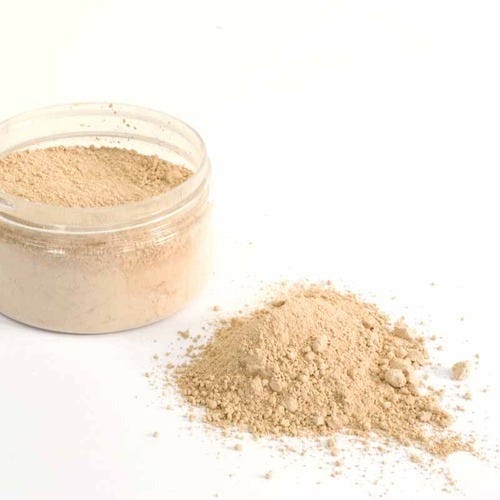Glass Polishing Additives
Basic Awareness About The Common Uses Of Glass Polishing Additives

Glass Polishing Additives | Image Resource : cdn-images-1.medium.com
The shiny glass surfaces need occasional maintenance services to retain the original glaze of the beautiful glass artifacts. Regular cleaning of these glass products are not enough for eliminating all types of unpleasant marks from their surfaces. Hence, the use of glass polishing additives may be essential for the restoring the actual grandeur of all kinds of glass items. The owners of those products should know how to use these materials and the reasons of using them.
Steps to be followed for the use of glass polishing additives
Usually, a Hog’s Hair polishing pad or a squeegee is preferred for polishing the glass surfaces uniformly. If none of these products is available, simply a cotton ball may also be used for the same purpose. The squeegee or pad should be dipped into the liquid glass polishing materials and moved vertically downwards along the glass surface.
This liquid is spread evenly over the entire glass and excess dripping liquid should be wiped off instantly with a clean cloth, to prevent formation of any undesired stain. Thus, no mess can be expected during the polishing activity.
The narrower spaces or the angular corners of glass surfaces cannot be polished with a broad pad or squeegee. Only a slender cotton swab can be used for polishing these delicate points with the chosen polishing additive, to bring back the sparkle of the glass. Finally, this spread liquid chemical should be wiped neatly from the glass surface, completing the entire polishing job satisfactorily.
Notable advantages of applying glass polishing materials
The prime reason of polishing an old glass item is to restore or retain the original glaze that is normally seen in all kinds of glass products. All types of stains and scratch marks can be completely erased from the glass surfaces, by applying effective polishes. As most of the glass polishing additives can be available at cheap prices in the market, the owners do not need to worry about the cost of polishing their glass objects. Moreover, very small amount of additive is sufficient for polishing a large glass surface, making this process more cost effective.
They may further add some household materials to these additives, to get better results of their polishing efforts; among which white vinegar, toothpaste and metal polishes are commonly used. Vinegar also acts as an antibacterial agent for cleaning off all the germs and dirt particles from glass surfaces. However, toothpaste gel is not preferred while choosing this material for polishing glass items.
